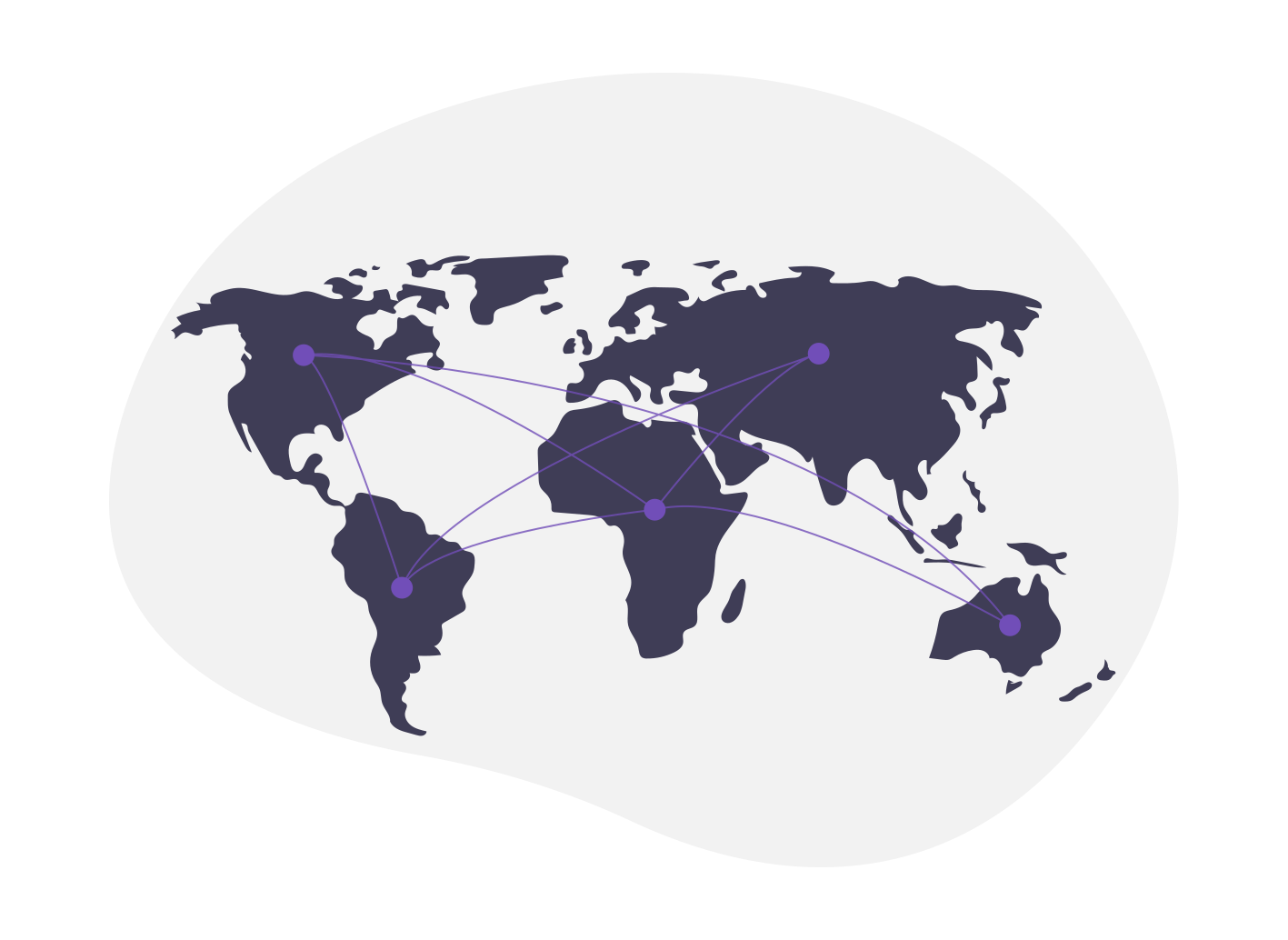COMURES (H2019/HUM-5738)
COMURES is a 3 year research programme.
Scroll down to find out why we study rootings in relation to care, gender, vulnerability and mobilities.
What do we analyze in COMURES?
Moorings

Social reproduction and care

Displacement processes and care

Impacts of COVID-19

We argue that despite the relevance, breadth and complexity of mobilities in a global context , spatial moorings still hold a prominent role in the context the social Southern Europe and iberoamerican cities, which have not been disrupted or dissolved during this period of COVID-19 and may have been even reinforced.
That, in turn, these moorings have a very important role to play in the ways in which life is conducted, in the social reproduction of lifeand, more so in terms of domestic work and care, welfare regimes and care in Iberoamerican cities, in contrast to those in other geographical settings, where the role of public administrations or the market (hiring help for domestic or care work) would be larger.
It also aims to study how different processes which have resulted in growing displacement especially in city centers, but also in many other areas of the city, may have had an important role in producing, a greater and more negative impact on the access to welfare and care of these people ,due to the prominent role of spatial moorings and social networks rooted in this type of cities
Finally, in the present context, it is necessary to refer to the those changes derived from the sanitary crisis derived from COVID-19and in what direction the crisis has impacted on the subject under study, considering, in general, the arrangements for getting on with life, and, more specifically, in relation to domestic work and the care of dependants, the elderly and children.
Hypothesis
The hypothesis we work in COMURES with are the following:
ROOTED CARE AND LOCAL WELLBEING
- The protagonism of SPATIAL ROOTINGS of the care-related daily living arrangements is higher where vulnerable groups live and in the context of Southern Europe and Latin American cities. These contexts are marked by a welfare state whose public contribution to the care system and access to housing is limited: private housing predominates, there is selective access to care markets and precariousness of labour markets.
- Rootings represent CENTRAL SOCIO-EXISTENCIAL SUPPORTS (Castel, 2010), even though they transform. Daily arrengements are activities which are localized, situatued, relational, circular and highly marked by gender. They do not only have an instrumental dimensions, but also an expressive one: they are a way of living. Above all, an essentialist approximation to rootings must be avoided, taking into account transformation and the combination of mobilities.
IMPACT OF THE CRISIS IN ROOTED CARE AND LOCAL WELLBEING
- The double negative impact of expulsions and evictions (increasing since 2015) which is not only taking place in terms of housing, but also wellbeing and care.
- Recent socio-sanitary crisis brought about by COVID-19 has had a wide and complex impact in this comunitary organization, predominantly informal and localized with an substantive increase in the time spent in the neighborhood and a greater inequality between those that work remotely and those that didn't. A division which is superposed with spatial segregation as well as inequality in the following of remote education or lessons:
- Still we hold that family and comunitary networks have not only been maintained - securing care in this difficult moment - but have also expanded.
- In addition, there has been an emergence and reconfiguration of new (in addition to existing ones) of new urban initiatives dedicated to care and covering basic needs (provision of food, etc.)
Research Aims
- We analyze the contribution of roots to the arrangements through which we approach the provision of welfare and care, and, more generally, the ways in which the sustainability of life (networks, public services, markets) is made possible. Particularly with regard to the care of the elderly and children, but also to the care of neighbors as a whole, based on a circular and relational conception of care.
- Taking into account the contribution at different scales of fieldwork: a) household scale; b) household networks; c) local social and community networks in relation to daily arrangements and compromises, from a multi-scale perspective, which also considers the national and international framework; d) the contribution of local social and community networks in daily arrangements and compromises, from a multiscale perspective, which also considers the national and substate, transnational and global interactions (importance as well of regulatory frameworks and practices in these scales)
.
With the purpose of understanding:
- How their prominence and contents vary in different urban spaces and, above all, how they vary in vulnerable urban spaces.
- How an increase in price and the remaining processes that have involved forced displacements and expulsions from housing or the space in which they had previously lived are affecting these arrangements and roots.
- The extent to which the pandemic has impacted on these rootings and daily arrangements.
- Why and in what senses are we dealing with arrangements and rootings strongly traversed by gender.
